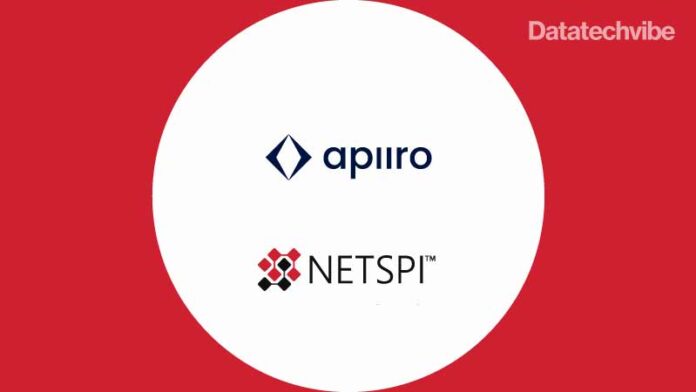Apiiro, the industry’s first Code Risk PlatformTM, and NetSPI, the leader in penetration testing and attack surface management, announced a strategic partnership to combine Apiiro’s comprehensive Application Risk Management capabilities with NetSPI’s Penetration Testing as a Service (PTaaS). The partnership enables contextual and risk-based application security testing for its mutual customers.
Organisations rely on penetration testing for releasing and maintaining secure applications. As a result of the partnership, NetSPI customers will test their applications, networks, and cloud infrastructure at scale and manage their attack surfaces using risk visibility and context provided by Apiiro. NetSPI’s PTaaS will be supported by Apiiro’s comprehensive view of security and compliance risks and a keen understanding of how to manage the complexities of a risk-based Secure Software Development Lifecycle (SSDLC).
Also Read: Who’s Buying Who: Big Deals In Cybersecurity
To keep pace with the speed of software development today, both companies advocate for running penetration tests smartly and consistently. Instead of performing pentests on a set schedule, they should be performed continuously as high-risk changes are identified in an environment. Apiiro helps focus pentests on material changes to application and infrastructure code, enabling organisations to target their security processes. Through this contextual approach to application pentesting, customers can better automate the testing process and identify business-critical security vulnerabilities.
“Apiiro is pleased to be joining forces with NetSPI to provide our customers with next-gen context-aware pen-testing capabilities that will reduce the friction between pen-testers and development teams and help deliver secure products faster,” said Idan Plotnik, CEO at Apiiro. “We were impressed by NetSPI’s ability to swiftly identify areas of critical vulnerabilities and deliver high-quality results that allow their customers to have peace of mind and focus on their business priorities.”









